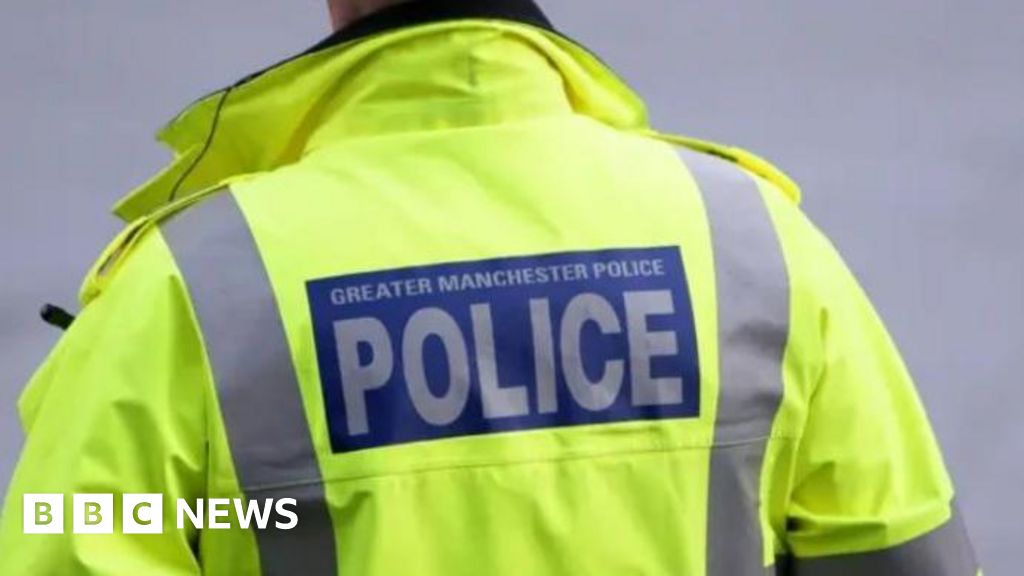The Council Climate Action Scorecards, a joint project between mySociety and Climate Emergency UK, have a twofold impact. On the one hand, they help people understand what their local council is doing to achieve their Net Zero targets; on the other, they help councils themselves to put their own action in context.
When we saw that Colchester City Council were referring to the Climate Action Scorecards in their Environment and Sustainability meetings, we were keen to find out more — and Ben Plummer, Climate Emergency Officer at Colchester, was happy to fill us in on the details.
Ben said, “The Scorecards give some external critique of our work, which I think is important and ultimately helps raise awareness of what we’re doing.”
That awareness has spread internally within the council, and externally among residents — so it’s win/win!
Plan for success
Ben has been aware of the Scorecards since the very beginnings of the project, which was then assessing councils on their Action Plans rather than their actual activities. That iteration, he says, was “really useful, especially alongside CE UK’s previous guide to structuring a good Climate Action Plan. They helped us put together a plan that was more informative and useful for residents.
“When the Action Scorecards followed, they were important for seeing if action plans translated into action being taken on the ground.”
Internal knowledge-sharing
And how has this information been used internally?
Ben says, “For both the Action Plan Scorecards, and the Action Scorecards, we produced a summary of results which we shared with councillors and presented to our Environment and Sustainability Panel.
“Using the Scorecards, we could show councillors where there was room for improvement, and where we were making progress on actions where we may not have met the criteria to get the mark at the time.”
Indeed, reading through the council minutes, you can see that they’ve noted the activity for which they had scored well, such as on the energy performance of the council’s housing stock; work on developing sustainable travel methods such as electric scooters and an electric car club; and efforts to phase out use of glyphosate and reduce mowing of green spaces.
At the same time, the report noted some action that could improve their progress to Net Zero, including the creation of a more detailed greenhouse gas emission report; training members on carbon literacy; and using peat-free compost in parks, among others.
The Scorecards continue to be a useful resource, says Ben: “I use them when we’re planning new projects or developing existing ones, to identify what other councils are doing in the space.
“On a couple of occasions I’ve been able to reach out to councils where I’ve found examples of good practice to discuss projects they are doing in more detail.
Peer support
“Having the database of Scorecards has certainly made it easier to find good practice and help reduce the time scouring the internet for local authority climate action!
“Additionally, the external critique — and recognition — from the Scorecards just helps to raise awareness of what we could be doing as a local authority at a more senior level with staff and councillors.”
The expert advice that went into creating the Scorecards methodology has not gone unnoticed. “Having that expert involvement of key environmental organisations gives them a respected feel and supports claims we might be making for more action to be taken in particular areas where we had low scores.”
Ben finishes by saying, “Without the Scorecards, we councils might not get held to account as much as we should. Having them there can help senior staff pay a bit more attention to the climate agenda!”
That’s great to hear — and indicates that the Scorecards are working exactly as planned. Thanks very much to Ben for sharing Colchester’s experience.
—
Image: Marek Studzinski


